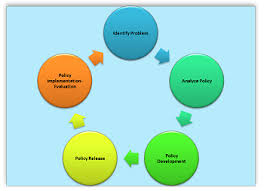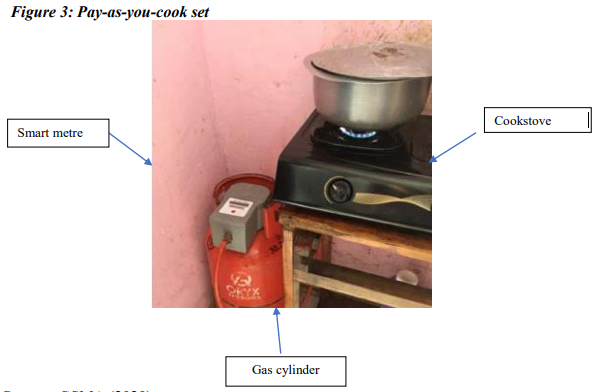The Influence of School Feeding Programmes on Students’ Academic Performance in Shinyanga Municipality-Tanzania

Downloads
Tanzania made several initiatives to improve school feeding programmes (SFPs) for the quality of education in secondary schools, especially in drought-prone areas. Some anticipated benefits were improved attendance, significantly reduce tardiness and increase student enrolments. However, evidence regarding the influence of school feeding programmes on students’ academic performance is yet to be established. Therefore, this study examined the influence of SFPs on students’ academic performance. Specifically, the study determined the academic performance of students before and after the introduction of SFPs and assessed the relationship between SFPs and the academic performance of students in Shinyanga Municipality. Methodologically, the study used a mixed approach, simple random and purposive sampling techniques. Data were collected through questionnaires and interviews. Descriptive and inferential statistics through regression analysis were used. The findings revealed that the attendance and participation of students in the class were improved and that examination scores were higher than was the case before the introduction of SFPs. Furthermore, the study revealed a significant positive relationship between SFPs and academic performance at a p-value of 0.000. This suggests a linear relationship between the SFPs and students’ academic performance. It can therefore be concluded that SFPs are important for academic performance. Drawing from the findings, it is recommended that SFP should be part and parcel of educational policies that bring on board all stakeholders for improving attendance and activeness in class and eventually improve students’ academic performance in drought-stricken areas in Tanzania.












